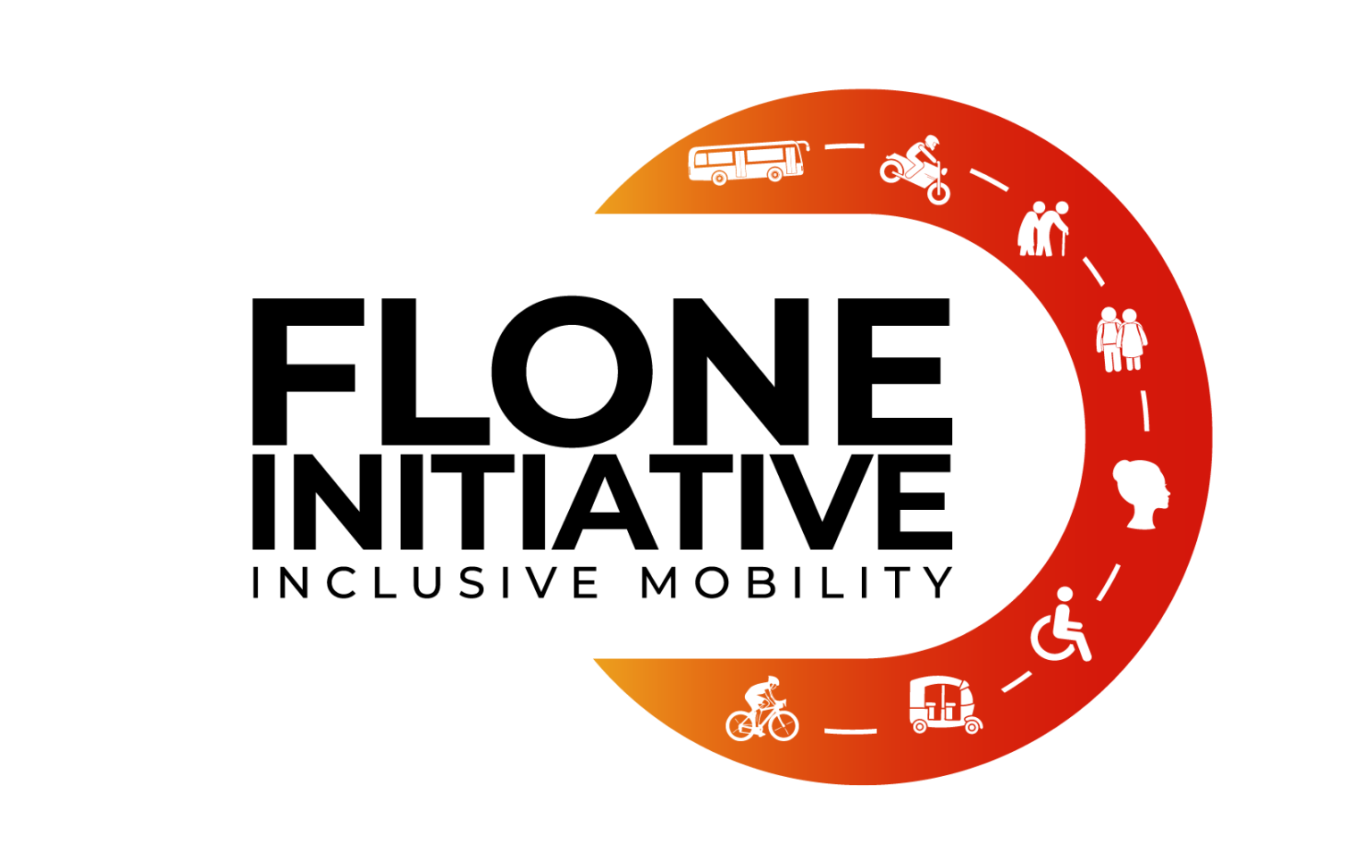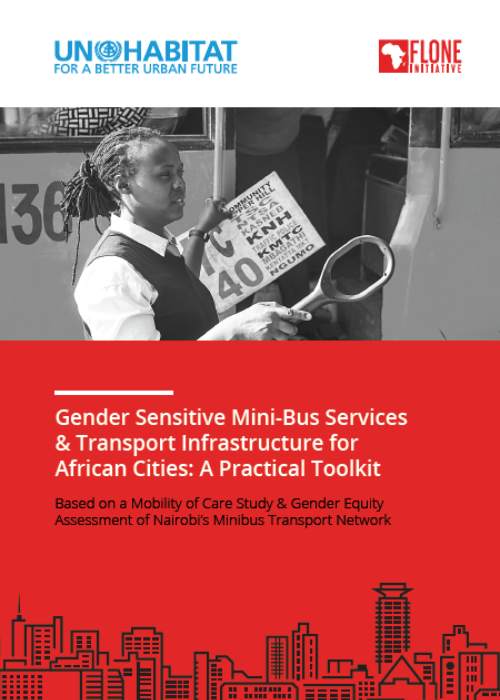This Toolkit offers practical tools for minibus transport organizations, policymakers, and civil society actors to enhance the safety of public transport systems, particularly for African women and other vulnerable commuters. Drawing from extensive case studies conducted among transport workers and commuters in Nairobi, the recommendations are tailored to address specific challenges and needs.
For public minibus transport providers, key recommendations include:
- Developing customer feedback mechanisms aligned with the organization’s service charter to facilitate clear reporting.
- Implementing zero-tolerance policies against sexual harassment, catering to concerns of both workers and commuters.
- Making adjustments to minibuses to accommodate the needs of commuters with children, those carrying bulky items, and individuals with visible or invisible disabilities.
- Adopting family-friendly human resource policies such as maternity and paternity leave.
Additionally, the Toolkit advises policymakers to enact gender-sensitive legislation aimed at fostering safer and more inclusive public transportation systems. It also outlines ways in which civil society can lend support to these initiatives.
This initial version of the Toolkit serves as a foundation for a multi-year project led by the Flone Initiative. As user feedback, impact assessments, and lessons learned accumulate, the Toolkit will be continually refined and updated to better serve its purpose. View report HERE

